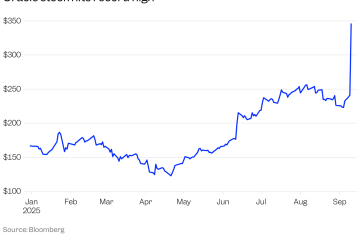Understanding the Janaki V State of Kerala Case

Introduction
The Janaki V State of Kerala case is a significant legal ruling in India, particularly highlighting issues related to employment rights and gender equality. This case, which made significant waves in legal circles, explores the interpretations of law concerning appointment and promotion in government services. The outcome holds value not only for those directly involved but also for the broader public, as it affects policies and practices across the country, emphasizing the need for fair employment standards.
Background of the Case
The case was initiated by Janaki, a dedicated employee in Kerala’s educational department who alleged unfair treatment in the promotion process based on her gender. Despite her qualifications and experience, she was overlooked for promotions in favor of less qualified male counterparts. This pattern of discrimination raised questions about the existing policies surrounding promotions and the legal frameworks that govern them.
Legal Proceedings
Janaki, with the help of advocates specializing in labor and employment law, took her case to the Kerala High Court. The primary arguments set forth in the court were based on violations of fundamental rights and principles established under Article 14 (Right to Equality) and Article 16 (Equality of Opportunity) of the Indian Constitution.
The court deliberated over evidence provided by Janaki, including documentation of her performance evaluations, the promotion criteria used by the department, and testimonies from colleagues. Supporting arguments asserted that the selection methods employed by the state were arbitrary and did not fairly reflect the qualifications and capabilities of the employees.
Outcome and Implications
The Kerala High Court ruled in favor of Janaki, stating that the promotion policies in question were not only discriminatory but also in violation of constitutional rights. The court mandated that the state reassess its policy and implement a transparent procedure that ensures all employees, regardless of gender, have equal opportunities for advancement.
This ruling is perceived as a landmark decision, setting a precedent that could influence future employment-related cases across the nation. Additionally, it reinforces the importance of equal employment opportunities and could prompt legislative bodies to re-evaluate existing laws to safeguard against discrimination.
Conclusion
The Janaki V State of Kerala case serves as an essential reminder of the ongoing struggle for gender equality in the workplace. The judgment not only impacts Janaki and her career but aims to pave the way for more equitable employment practices in government services across India. As the discussion surrounding gender discrimination continues, this ruling stands as a beacon of hope for many seeking justice and equality in their professional lives.









